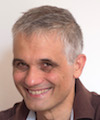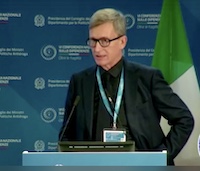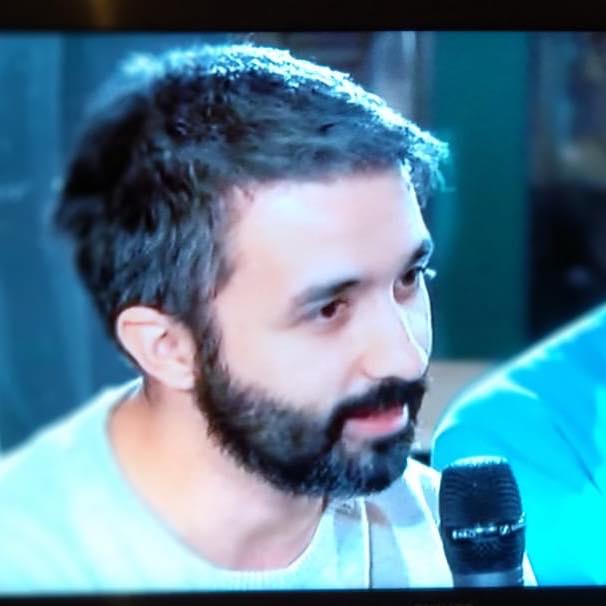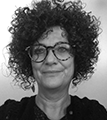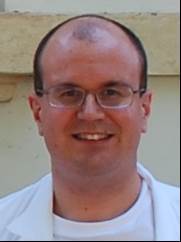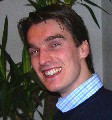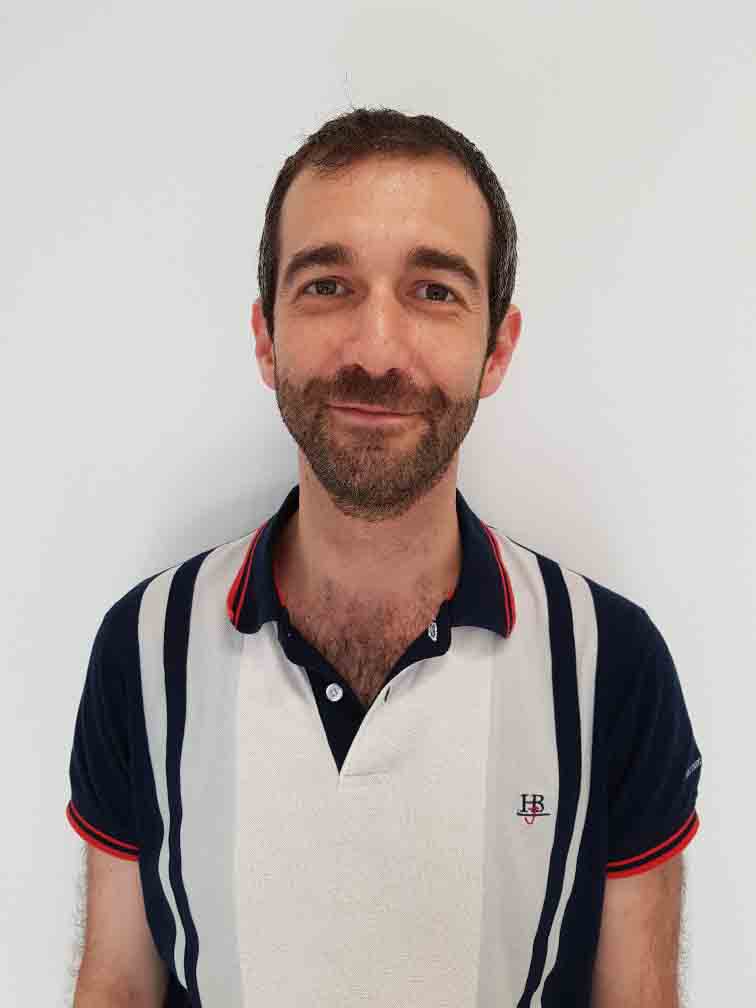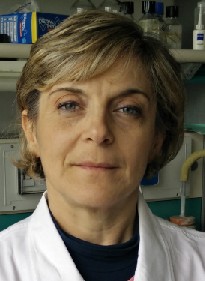Studying at the University of Verona
Here you can find information on the organisational aspects of the Programme, lecture timetables, learning activities and useful contact details for your time at the University, from enrolment to graduation.
Academic calendar
The academic calendar shows the deadlines and scheduled events that are relevant to students, teaching and technical-administrative staff of the University. Public holidays and University closures are also indicated. The academic year normally begins on 1 October each year and ends on 30 September of the following year.
Course calendar
The Academic Calendar sets out the degree programme lecture and exam timetables, as well as the relevant university closure dates..
| Period | From | To |
|---|---|---|
| 1° e 2° semestre (corsi annuali) PROFESSIONI SANITARIE | Oct 1, 2021 | Sep 30, 2022 |
| 1 SEMESTRE PROFESSIONI SANITARIE | Oct 1, 2021 | Dec 23, 2021 |
| 2 SEMESTRE PROFESSIONI SANITARIE | Jan 10, 2022 | Sep 30, 2022 |
| Session | From | To |
|---|---|---|
| 1^ SESSIONE A.A. 2020/2021 | Oct 1, 2021 | Nov 30, 2021 |
| 2^ SESSIONE A.A. 2020/2021 | Mar 1, 2022 | Apr 30, 2022 |
| Period | From | To |
|---|---|---|
| Festa di Tutti i Santi | Nov 1, 2021 | Nov 1, 2021 |
| Festa dell'Immacolata Concezione | Dec 8, 2021 | Dec 8, 2021 |
| Festa della Liberazione | Apr 25, 2022 | Apr 25, 2022 |
| Festa della Repubblica | Jun 2, 2022 | Jun 2, 2022 |
Exam calendar
Exam dates and rounds are managed by the relevant Medicine Teaching and Student Services Unit.
To view all the exam sessions available, please use the Exam dashboard on ESSE3.
If you forgot your login details or have problems logging in, please contact the relevant IT HelpDesk, or check the login details recovery web page.
Should you have any doubts or questions, please check the Enrollment FAQs
Academic staff
 mariangelabassetti@gmail.com
mariangelabassetti@gmail.com
 anita.bevilacqua@apss.tn.it
anita.bevilacqua@apss.tn.it
 cembrani@apss.tn.it
cembrani@apss.tn.it
 gabriele.chini@univr.it
gabriele.chini@univr.it
 dellai@tn.apss.tn.it
dellai@tn.apss.tn.it
 loredana.pancheri@univr.it
loredana.pancheri@univr.it
 marina.pecoraro@apss.tn.it
marina.pecoraro@apss.tn.it
 nicola.pelizzari@univr.it
nicola.pelizzari@univr.it
 elda.righi@univr.it
elda.righi@univr.it
 giuliano.rosani@univr.it
giuliano.rosani@univr.it
 cinzia.vivori@apss.tn.it
cinzia.vivori@apss.tn.it
Study Plan
The Study Plan includes all modules, teaching and learning activities that each student will need to undertake during their time at the University.
Please select your Study Plan based on your enrollment year.
1° Year
| Modules | Credits | TAF | SSD |
|---|
Professional Laboratories (1st year)
2° Year activated in the A.Y. 2022/2023
| Modules | Credits | TAF | SSD |
|---|
Professional Laboratories (2nd year)
3° Year activated in the A.Y. 2023/2024
| Modules | Credits | TAF | SSD |
|---|
Professional Laboratories (3rd year)
Corso di Rianimazione di Base con utilizzo del defibrillatore semiautomatico
- Corso di Rianimazione di Base con utilizzo del defibrillatore semiautomatico [Gruppo 1]
- Corso di Rianimazione di Base con utilizzo del defibrillatore semiautomatico [Gruppo 2]
- Corso di Rianimazione di Base con utilizzo del defibrillatore semiautomatico [Gruppo 3]
- Corso di Rianimazione di Base con utilizzo del defibrillatore semiautomatico [Gruppo 4]
| Modules | Credits | TAF | SSD |
|---|
Professional Laboratories (1st year)
| Modules | Credits | TAF | SSD |
|---|
Professional Laboratories (2nd year)
| Modules | Credits | TAF | SSD |
|---|
Professional Laboratories (3rd year)
Corso di Rianimazione di Base con utilizzo del defibrillatore semiautomatico
- Corso di Rianimazione di Base con utilizzo del defibrillatore semiautomatico [Gruppo 1]
- Corso di Rianimazione di Base con utilizzo del defibrillatore semiautomatico [Gruppo 2]
- Corso di Rianimazione di Base con utilizzo del defibrillatore semiautomatico [Gruppo 3]
- Corso di Rianimazione di Base con utilizzo del defibrillatore semiautomatico [Gruppo 4]
Legend | Type of training activity (TTA)
TAF (Type of Educational Activity) All courses and activities are classified into different types of educational activities, indicated by a letter.
Chronic clinical nursing care (2022/2023)
The teaching is organized as follows:
Learning objectives
The course aims to investigate physio pathological, clinical and care aspects of some important health problems selected considering their epidemiological relevance and feature in situation of clinical instability but above all in chronicity/disability. The course considers changes deriving from aging and from chronic degenerative problems increase. The approach focuses on the recognition and management of current and potential problems with a view to continuity in different care settings and on development of competencies and self-care skills. GERIATRICS: The course aims to deepen the physiopathological, clinical and care aspects of some priority health problems selected based on their relevance epidemiological and exemplary both in the situation of clinical instability but above all in the chronicity / disability. Consider the resulting changes aging population and the increase in chronic degenerative problems. The approach focuses on the recognition and management of problems current and potential in a perspective of continuity in different care contexts and on the promotion and development of skills and s+J32elf-care skills. CLINICAL NURSING IN MEDICINE AND PALLIATIVE CARE: Knowing how to describe the sphere of palliative care and identifying objectives and methods of taking charge of the people involved and their families Identify the most approp+J32riate approaches to the individual phases of the disease pathway. NURSING IN CHRONIC DISEASE The module aims to deepen the physiopathological, clinical and care aspects of some priority health problems selected based on their epidemiological relevance and exemplarity both in the situation of clinical instability but above all in the chronicity / disability. Consider the changes resulting from the aging of the population and the increase in chronic degenerative problems. The approach focuses on the recognition and management of current and potential problems in a perspective of continuity in different care contexts and on the promotion and development of skills and self-care skills. INTERNAL MEDICINE The module aims to provide knowledge on the physiopathological processes and the main diagnostic-therapeutic pathways of the main clinical pictures such as liver cirrhosis, pneumonia and bronchopulmonary foci, gastritis and gastric ulcers, chronic inflammatory bowel diseases, acute and chronic renal failure . With reference to the illnesses treated, the student, on the basis of knowledge, must be able to: a) recognize the main signs and symptoms of the diseases treated and b) acquire some basic hints for therapeutic management. REHABILITATION MEDICINE to acquire knowledge about concepts of disablement,disability and handicap, neuro-Motor rehabilitation Bladder’s neurologic rehabilitation and rehabilitation of patients with hip and knee’s prosthesis NEUROLOGY: To acquire the basic knowledge of the anatomy and physiology of the central and peripheral nervous system, of the etiopathogenesis, of the physiopathology of the main neurological syndromes, the principles of treatment and the type of supportive care ENDOCRINOLOGY: Nursing knowledge and skills in the diagnosis, management and treatment of diabetes mellitus and other major endocrine diseases.
Prerequisites and basic notions
not required
Bibliography
Criteria for the composition of the final grade
written exam with multiple choice and open questions: 15 questions in total (correct answer valued 2 points, incomplete answer valued 1 point, wrong answer valued 0 points)
Career prospects
Module/Programme news
News for students
There you will find information, resources and services useful during your time at the University (Student’s exam record, your study plan on ESSE3, Distance Learning courses, university email account, office forms, administrative procedures, etc.). You can log into MyUnivr with your GIA login details: only in this way will you be able to receive notification of all the notices from your teachers and your secretariat via email and soon also via the Univr app.
Gestione carriere
Orario lezioni
Documents
| Title | Info File |
|---|---|
|
|
pdf, it, 437 KB, 07/03/24 |
|
|
pdf, it, 457 KB, 16/04/24 |
|
|
pdf, it, 450 KB, 05/04/24 |
|
|
pdf, it, 628 KB, 08/01/24 |
|
|
pdf, it, 1453 KB, 07/02/24 |
Guida ai programmi degli insegnamenti
Guida ai programmi degli insegnamenti
Documents
| Title | Info File |
|---|---|
|
|
pdf, it, 1594 KB, 12/12/22 |
|
|
pdf, it, 1310 KB, 02/09/21 |
Graduation
Documents
| Title | Info File |
|---|---|
|
|
pdf, it, 242 KB, 19/01/24 |
|
|
pdf, it, 80 KB, 06/04/24 |
|
|
pdf, it, 43 KB, 06/04/24 |
|
|
pdf, it, 44 KB, 09/04/24 |
|
|
pdf, it, 148 KB, 06/04/24 |
|
|
pdf, it, 108 KB, 06/04/24 |
|
|
pdf, it, 115 KB, 06/04/24 |
|
|
pdf, it, 1487 KB, 18/02/22 |
|
|
pdf, it, 437 KB, 22/03/24 |
|
|
pdf, it, 957 KB, 22/03/24 |
|
|
pdf, it, 424 KB, 19/01/24 |
Linee guida per riconoscimento cfu
Lo studente che intende chiedere il riconoscimento di moduli o insegnamenti pregressi dovrà presentare domanda, entro il 30 novembre dell’anno accademico in corso, seguendo le indicazioni indicate al link seguente: https://www.univr.it/it/i-nostri-servizi/segreterie-studenti/gestione-carriere-studenti-medicina-e-chirurgia/riconoscimento-crediti-acquisiti-da-una-carriera-pregressa-medicina
Documents
| Title | Info File |
|---|---|
|
|
pdf, it, 295 KB, 09/11/21 |
Student login and resources
Attività didattiche regime part-time
Modalità di richiesta
La domanda di iscrizione part-time può essere presentata all'inizio di ogni anno accademico e comunque entro il 30 novembre di ogni anno. Entro lo stesso termine, se necessario, lo studente potrà richiedere di tornare al regime full-time. Al link seguente la pagina del servizio https://www.univr.it/it/i-nostri-servizi/segreterie-studenti/flessibilita-nella-frequenza-dei-corsi/possibilita-di-iscrizione-part-time-e-ripristino-full-time
Una volta inviata la domanda, lo studente concorda in via preventiva con il Coordinatore della didattica professionale (CDP), il piano di studi che intende perseguire nel periodo di part-time compilando il modulo in allegato
Documents
| Title | Info File |
|---|---|
|
|
octet-stream, it, 1309 KB, 21/10/22 |
Appelli d'esame
Appelli d'esame
Documents
| Title | Info File |
|---|---|
|
|
pdf, it, 429 KB, 17/04/24 |
|
|
pdf, it, 2762 KB, 15/12/22 |
Tirocinio Professionalizzante
Tirocinio Professionalizzante
Attività Seminariali e a scelta dello studente
Attività Seminariali e a scelta dello studente
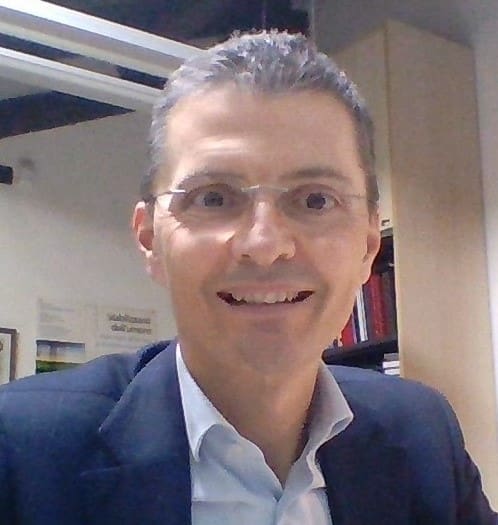
 +39 0458126418
+39 0458126418
